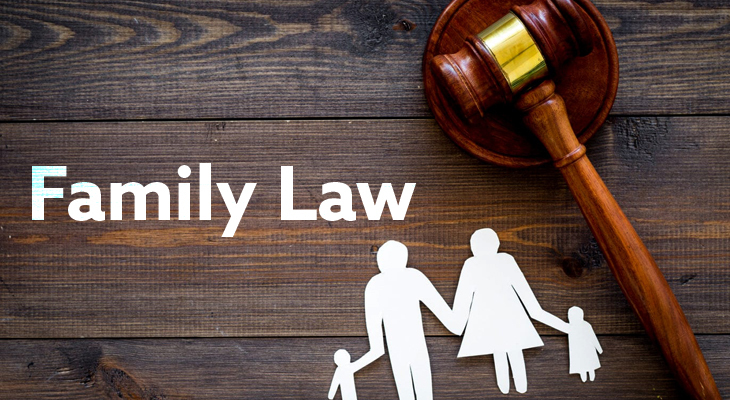A family unit defines the way we live in the world. The role of father, mother, siblings, grandparents, and everyone else in the family is crucial for the upbringing and living a healthy life. It is our constitution that defines and regulates our family system. The legal bindings keep us close to each other and help get justice if someone in the family forgets about their responsibilities. People living in Canada should be aware of the basics of Family Law here, right? Here in this article, you are about to find five essentials of family law in Canada, so keep reading!

Who Takes Care Of The Children?
By the law, you are not required to state every single thing you do with your children. However, you are responsible for making the best decisions for your kids to help them grow and succeed in their lives. If the marriage ends and there is conflict among parents on who will take care of the children, the court will get involved in the court. Matters like where the child will stay, take care of the child’s basic needs, where the child will study, etc., will be allotted to a parent. Law firms like Matrimonial Home can help you more about the court and its decisions about child custody matters.
Who Will Support The Child?
Children don’t have any means of earning money, and they need someone to meet their needs. Parents by law have the responsibility of taking care of the financial needs of their kids. In a regular setting, the parent who spends less time with the children will have to pay for their expenses. But the rules are different for departing parents. The court may decide who will support the child if parents can’t reach an agreement outside the court. There is a child support program in action that provides a specific amount for the upbringing of children.
Support For A Spouse
The Canadian government has regulations that dictate what a spouse will get paid in case the relationship ends. It is not the automatic right of a spouse to demand their partner at the end of a relationship for financial support. Rather, they will have to prove their position in the court by showing how being in a relationship harmed them financially. The judges will look for things like the length of a relationship, the economic disadvantages of a spouse, the income difference, etc. Finally, the matter will be resolved based on “Spousal Support Advisory Guidelines.”
The Division Of Property
By getting into the legal agreement of a marriage, both spouses share what they have, and it is called the “Family property.” They are, by default, the joint owners of the property they have. But in case a spouse had something in their property before they got married, they will not be forced to share it with their spouse. Canadian law defines this property to be “Excluded Property.” But you will have to share the increase in the property profits on a 50/50 ratio you owned before marriage.
The Separation Agreements
You are by the law allowed to end your relationship by signing a “Separation Agreement.” This agreement enables you to move forward in your life without getting any problems with your former spouse. In court, you will be discussing matters that can affect your life in the future. You will sign this agreement with the consent of both the ex-partners. If one of the former spouses doesn’t follow this agreement, the court may intervene to enforce the terms. A witness will be involved in the agreement as per the court laws.
Leave a Reply